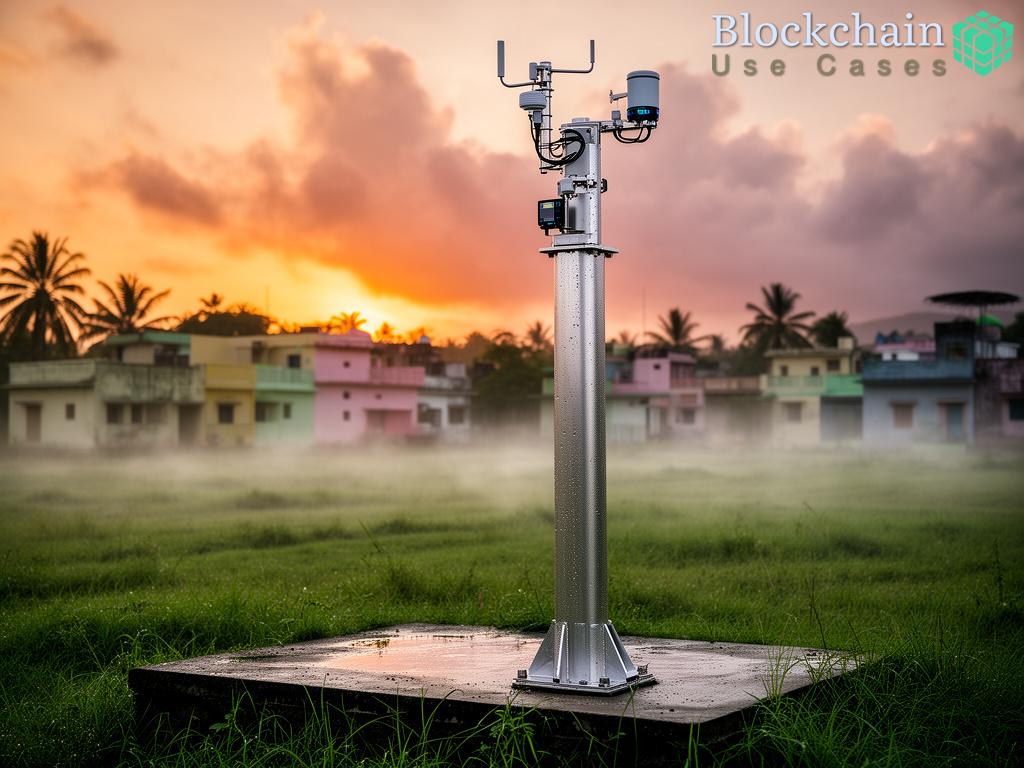The Intersection of Blockchain and IoT
![]()
The convergence of blockchain technology and the Internet of Things (IoT) is creating unprecedented opportunities in several sectors, particularly in energy management through smart grids. This fusion not only enhances operational efficiency but also ensures transparency, security, and traceability in energy distribution processes. As the demand for sustainable energy solutions rises, integrating these innovative technologies is becoming increasingly vital.
Enhanced Transparency and Data Integrity
One of the most compelling advantages of utilizing blockchain in IoT-based smart grid operations is the enhancement of transparency. Blockchain’s decentralized ledger allows all stakeholders, including energy producers, consumers, and regulators, to access real-time data related to energy generation and consumption. This visibility mitigates the risk of data manipulation, thereby bolstering trust among users.
Furthermore, as IoT devices generate vast amounts of data, the challenge lies in ensuring that this data remains accurate and unaltered throughout its lifecycle. By employing cryptographic algorithms inherent in blockchain technology, each transaction related to energy consumption or production can be verified, ensuring data integrity and fostering a transparent ecosystem.
Key Benefits of Blockchain in Smart Grids
Integrating blockchain into smart grid operations brings a myriad of benefits that can transform how energy is managed. Below is a concise list of the advantages:
- Decentralization: Reduces reliance on central authorities, empowering users.
- Security: Enhanced protection against cyber threats through cryptographic measures.
- Efficiency: Streamlined transactions and reduced operational costs.
- Traceability: Complete visibility into energy flow and transactions.
- Peer-to-Peer Energy Trading: Facilitates direct transactions between consumers and producers, promoting renewable energy sources.
The implementation of these benefits can not only drive operational efficiencies but also encourage a more sustainable approach to energy consumption and production.




